#LargeSedans
Sorry, Mopar Fans: FCA Says 'No' to a 2019 Chrysler 300 Hellcat
If you’ve got it, flaunt it. Go ahead and shake your money maker.
Or not.
After reports surfaced at Automotive News earlier this week that the 707-horsepower supercharged 6.2-liter V8 from the Dodge Charger Hellcat, Dodge Challenger Hellcat, and Jeep Grand Cherokee Trackhawk would appear in a Chrysler 300 next year, Motor Authority has heard from Fiat Chrysler Automobiles on the subject.
It’s not going to happen.
There's Enough Buick LaCrosse Inventory in America to Last Until the 2018 July 4th Holiday
As General Motors seeks to get the company’s U.S. inventory down to the industry average of 70 days’ supply by the end of 2017, once-prominent passenger cars are inhibiting the company from achieving its vital goal.
At Cadillac, where even the company’s three utility vehicles have far more than 70 days of stock, the brand’s four car nameplates have 137 days’ supply. At Chevrolet, where the brand’s somewhat excessive light truck inventory is largely due to an intentional increase in Silverado stock, there’s a 128-day supply of passenger cars. Granted, that figure is worsened by a stop-sale on Chevrolet Sparks that limited the city car to only 1,132 U.S. sales in the last three months and by a necessary Corvette stockpile in advance of a Bowling Green shutdown.
But it’s at Buick, where new and old designs alike are suffering from dramatically lower-than-anticipated demand, that GM’s inventory reduction methodology doesn’t seem to be taking hold. According to Automotive News, Buick dealers have enough LaCrosses in stock to last until the July 4th holiday next summer.
How did Buick develop such a LaCrosse glut, and is there a silver lining to this black inventory cloud?
Full-size Sedan Faithful, Take Heart - Fifth-gen Toyota Avalon Due Next Year; Toyota Says "We're Committed"
U.S. sales of full-size, volume-brand sedans fell 17 percent in the first seven months of 2017, a sharp drop following noteworthy declines in each of the last three years. Despite the growth the market has seen since the auto industry’s collapse in 2009, big sedans have lost 37 percent of their U.S. sales volume over the last four years.
Compared with 2013, that’s 18,000 fewer sales for the segment every month. Even compared with 2016, that’s 6,500 fewer sales every month.
In what was historically a fleet-dependent corner of the passenger-car market, many automakers’ reduced emphasis on sales to daily rental companies plays a major role. Numerous players in the segment also attempted to move upmarket, further away from the midsize cars that now offer the requisite interior volume. It hasn’t turned out so well for some. Remember the Mitsubishi Diamante and Mercury Montego? We’ll soon forget the discontinued Hyundai Azera. The Ford Taurus is likely not long for this market, either.
Yet in a market that’s lost 17 percent of its sales this year, the Toyota Avalon has shed 28 percent of its year-to-date volume, a loss of 7,475 sales. With an all-new 2018 Camry set to generate more than its fair share of Toyota sedan sales, does the Avalon even deserve a place in Toyota’s 2018 lineup?
Indeed it does, as Toyota will launch the fifth-generation, TNGA-based Avalon in 2018. “We’re committed to Avalon,” says Toyota North America’s executive vice president for sales, Bob Carter.
It's Official: The Hyundai Azera Is Dead After 2017 - Genesis Knocked It Down, SUVs Kicked It
In a release yesterday detailing the company’s 2018 lineup, Hyundai confirmed that U.S. market availability of the Hyundai Azera will be discontinued.
But have no fear, dear lover of affordable large sedans. The 2017 Hyundai Azera is not yet thin on the ground.
Roughly 1,000 Azeras are currently sitting on dealer lots across the United States, enough — at the Azera’s recent sales pace — to last until mid-fall.
The Azera doesn’t deserve to meet such a tragic end, but its demise is one we knew about long before Hyundai’s official announcement on July 5, 2017. U.S. sales plunged 82 percent over the last decade.
There Are Hardly Any Chevrolet Impala Buyers, But The Few Remaining Impala Buyers Are Willing To Pay
We knew General Motors’ strategy for the tenth-generation Chevrolet Impala would be different when the big sedan was launched in 2013. No longer intended to be the fleet queen and a hugely discounted showroom sedan, the tenth-gen Impala moved upmarket.
Consequently, sales decreased, and did so in dramatic fashion. The Impala’s U.S. volume in 2014 was down by more than half compared with 2007 output. Sales continued to fall, with the Impala’s 2016 calendar year result of 97,006 U.S. sales representing the sixth consecutive year of decline.
The Impala’s numbers are getting lower. Much lower. After averaging more than 8,000 monthly Impala sales in 2016 and nearly 10,000 per month as recently as 2015, Impala volume has cratered in early 2017. Only 3,213 Impalas were sold in the United States in April 2017, down 73 percent compared with the Impala’s April average over the last five years.
But don’t assume the scarcity of Impala sales will translate to an abundance of deals at your local Chevrolet dealer. Impalas are thin on the ground, and GM isn’t playing games with incentives.



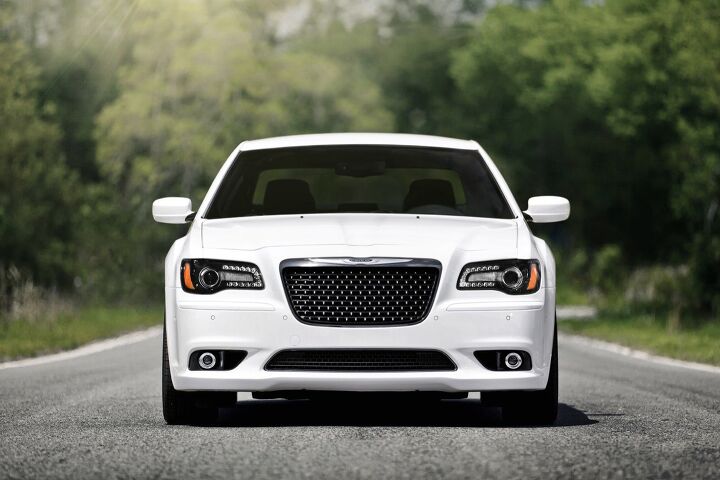
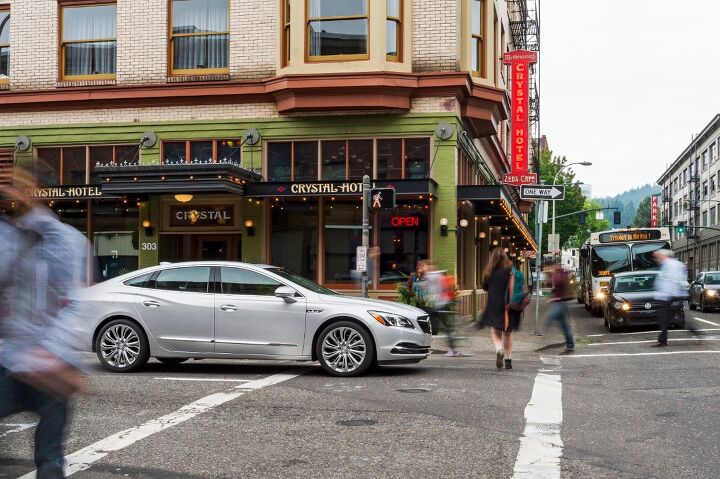
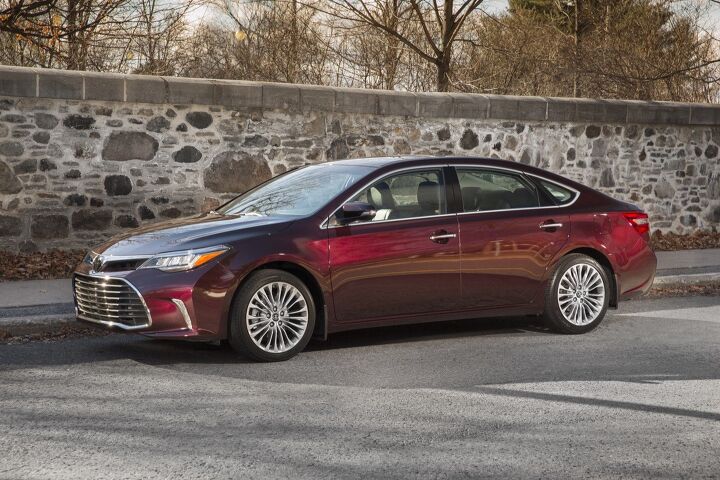
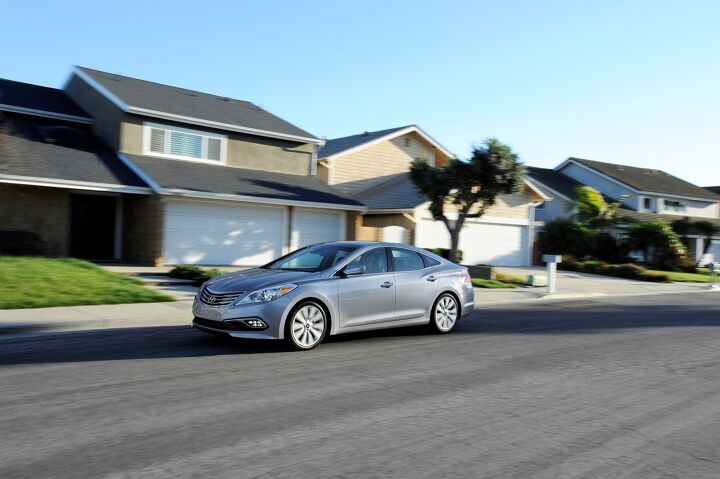

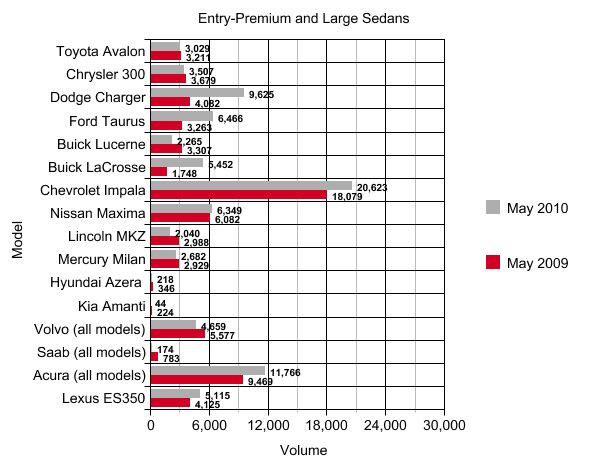












Recent Comments